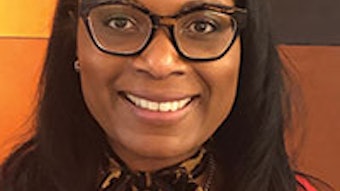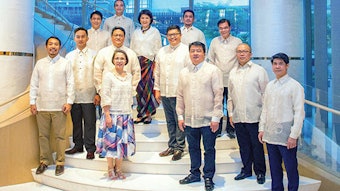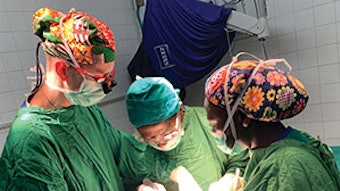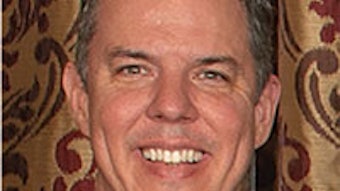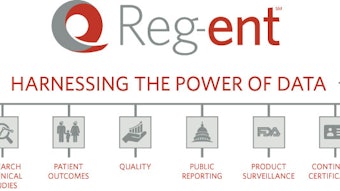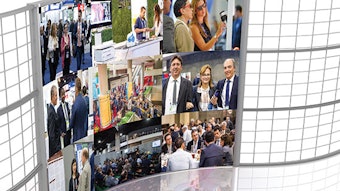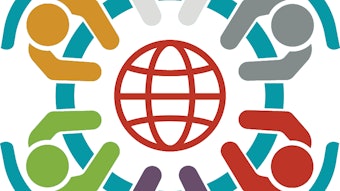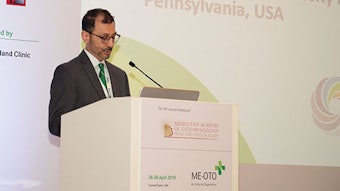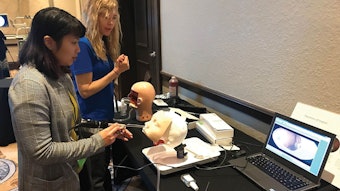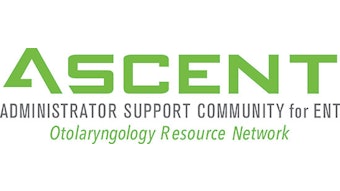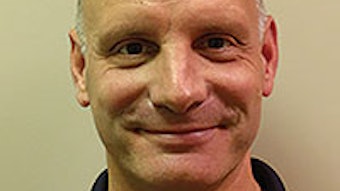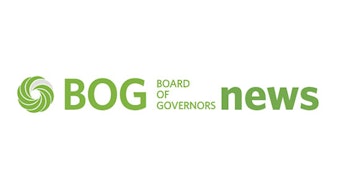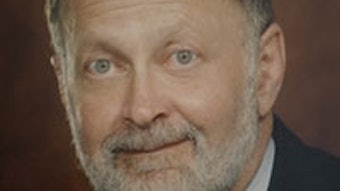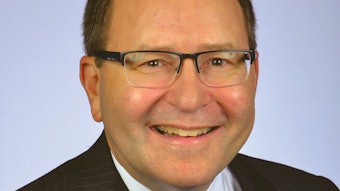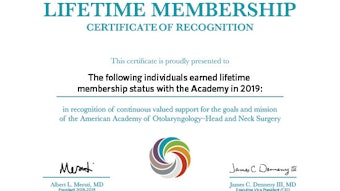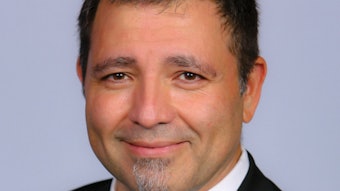Otology in Kenya
Since 2011, Matthew L. Bush, MD, PhD, an attending otolaryngologist from the University of Kentucky Otolaryngology Department, has traveled to Kenya biannually to assist John Ayugi, MBChB, MMED, a staff otolaryngologist at the University of Nairobi, in establishing an otologic surgery program at the university.
Humanitarian service grant: Nairobi, Kenya
Written by Michael Ross Kaufman, MD
Since 2011, Matthew L. Bush, MD, PhD, an attending otolaryngologist from the University of Kentucky Otolaryngology Department, has traveled to Kenya biannually to assist John Ayugi, MBChB, MMED, a staff otolaryngologist at the University of Nairobi, in establishing an otologic surgery program at the university. Several of my co-residents have made the journey to Kenya since then, and they have all had a positive experience through the learning and service opportunities inherent to this trip. Prior to departure, it was my desire to join in this effort to apply what I have learned to the advance the knowledge and expertise of our field globally.
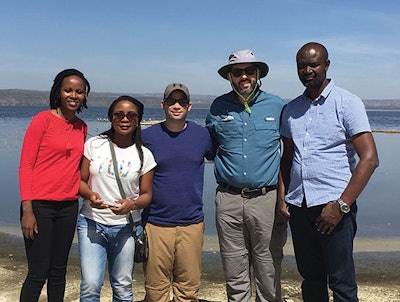 Matthew L. Bush, MD, PhD, an attending otolaryngologist from the University of Kentucky Otolaryngology Department, travels biannually to Kenya to establish an otologic surgery program at the University of Nairobi. In conjunction with John Ayugi, MBChB, MMED, a staff otolaryngologist at the University of Nairobi, Bush and his team spend their 10-day trips working to educate about otologic disease as well as perform outreach in Kenya’s rural areas.
Matthew L. Bush, MD, PhD, an attending otolaryngologist from the University of Kentucky Otolaryngology Department, travels biannually to Kenya to establish an otologic surgery program at the University of Nairobi. In conjunction with John Ayugi, MBChB, MMED, a staff otolaryngologist at the University of Nairobi, Bush and his team spend their 10-day trips working to educate about otologic disease as well as perform outreach in Kenya’s rural areas.The University of Nairobi has one of the few training programs for otolaryngologists in all of Africa. The university’s teaching hospital—the Kenyatta National Hospital—serves Nairobi and its surroundings with a population of seven million Kenyans.
Despite the large burden of otologic disease, the availability of equipment and trained personnel to perform the necessary procedures safely and effectively is limited. The team from the University of Kentucky typically travels to Kenya in both the spring and fall of each year for a 10-day trip that involves daily resident didactic lectures and surgical instruction with University of Nairobi physicians as well as outreach to rural areas of Kenya.
The trip is centered within the core otology lecture curriculum for the Kenyan residency. We dedicated a portion of each day to providing didactics in a classroom setting, and another portion of each day consisted of operations for patients with chronic middle ear disease at the university hospital.
The university staff identified potential operative candidates between the spring and fall trips. In one operative theater, we performed approximately 20 procedures for middle ear disease. This was the only access to otologic surgical care that patients from this region will have during the year.
As the modern practice of otology is still relatively new in the country, our residents serve an important dual role of performing surgical procedures whilst serving as peer supervisors of the Kenyan resident colleagues on basic tympanoplasty and mastoidectomy techniques. The previous academic year allowed me to take my skills learned in the lab and apply them in the operating room as resident surgeon. Teaching was an integral part of this trip.
After meeting several of the Kenyan resident and attending physicians, it is clear that our impact on them and the patients is far-reaching. There is much to be learned from cross-cultural collaboration in medicine, and I am optimistic that I have become a more well-rounded physician through this international endeavor.
